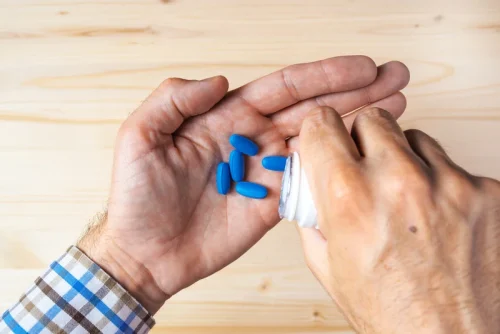Aktualności
Wolontariat w Polsce
2025-01-10
Jagdreise Heat Playtech Kostenlos dolphins pearl deluxe tricks automat 2024 aufführen ohne Registration
2025-01-10
Jaguar Mist Pokie: Appreciate On the internet Condition in the Aristocrat: No Receive
2025-01-10
$a hundred No-deposit Bonuses 2025
2025-01-10
Good-bye, unstable electricity bills. Hello, repaired cost during the Chispa, Colorado
How Long Does Alcohol Stay in Your System? Testing Timeline FHE Health

Ethyl glucuronide is produced after drinking alcohol and is a byproduct of alcohol metabolism. A BAC of 0.10% means a concentration of one part alcohol for 1,000 parts of blood volume. Generally, BAC levels peak one hour after drinking and can remain elevated beyond 2 to 3 hours. Collecting at least two urine samples around 30 minutes to 1 hour apart is recommended for the most accurate results.
Weight
However, the organ can only metabolize a little at a time, leaving the excess to circulate throughout your body. So, how much alcohol you consume in a specific amount of time gives you an idea of its intensity. When it comes to “passing” an alcohol test, there’s no guarantee. More sensitive or higher quality tests can pick up smaller amounts of alcohol. And because everyone metabolizes alcohol at their own rate, some people will take longer to clear it than others.
How Long One Standard Drink Shows Up on an EtG Test

Aside from consuming a lot of water, there is very little you can do to modify the amount of alcohol in your system. Stopping drinking and allowing time to pass is the only true way to sober up. For some people, exercising and drinking lots of water seems to hasten the process.
Medical Disclaimer
- The clinical management of all of these conditions may be more challenging in individuals who misuse alcohol because of coexisting immune impairment.
- Alcohol exits the body’s systems at an average rate of .015% per hour, equivalent to roughly .25 to .30 ounces of ethanol (half a drink) every hour.
Contrary to popular belief, there’s no quick way to sober up. Methods like eating food or drinking caffeine may make you feel more alert, but they do not speed up the body’s ability to metabolize alcohol. It’s important to note that this how long does alcohol stay in your system timeline can vary depending on several factors, including your age, weight, sex, metabolism, liver function, and the amount of alcohol consumed.


Research has shown that alcohol use disorder, or alcoholism, tends to run in families, suggesting a genetic link. However, genes alone are not responsible for whether someone becomes an alcoholic. In small amounts, you might feel more relaxed and open or less anxious, but the more you drink, the more intoxicated you’ll =https://ecosoberhouse.com/ begin to feel. For some, this can mean being more talkative or very friendly, and others may begin to behave with anger or aggression.

Risks of alcohol abuse
- As chief Clinical Officer at FHE Health, a nationally recognized behavioral health treatment provider, he ensures quality, innovation, and comprehensive treatment for patients.
- But you need about five half-lives to get rid of alcohol completely.
- When it comes to ethanol urine tests, there’s going to be a small lag as the body filters the alcohol from the blood into the bladder.
- Alcohol is one of the most consumed substances worldwide, often present in social gatherings and celebrations.
- A BAC of .08% is illegal in most states, leading to an arrest if driving under the influence (DUI).
Although breath tests are less accurate than blood tests, the latter is typically harder to administer. A breath test uses breathalyzer devices to measure a person’s BAC from their breath. Measuring the alcohol in approximately what is alcoholism 2,100 ml of breath is equal to testing for the same substance in 1 ml of blood. Alcohol detection times vary depending on the person and the test used. In most cases, alcohol can stay in your system for 6 to 72 hours. This is why different tests detect traces of alcohol from a few hours to several weeks.
- People who weigh more or have larger builds accumulate ethanol in their bodies more slowly, taking longer to reach intoxication.
- As mentioned, urine tests can detect alcohol up to 3 days after the last drink.
- It’s the most common way to measure the amount of alcohol in a person’s system.
- Alcohol also stays in different parts of the body for different amounts of time.
- In fact, research shows that acute binge drinking also affects the immune system.


